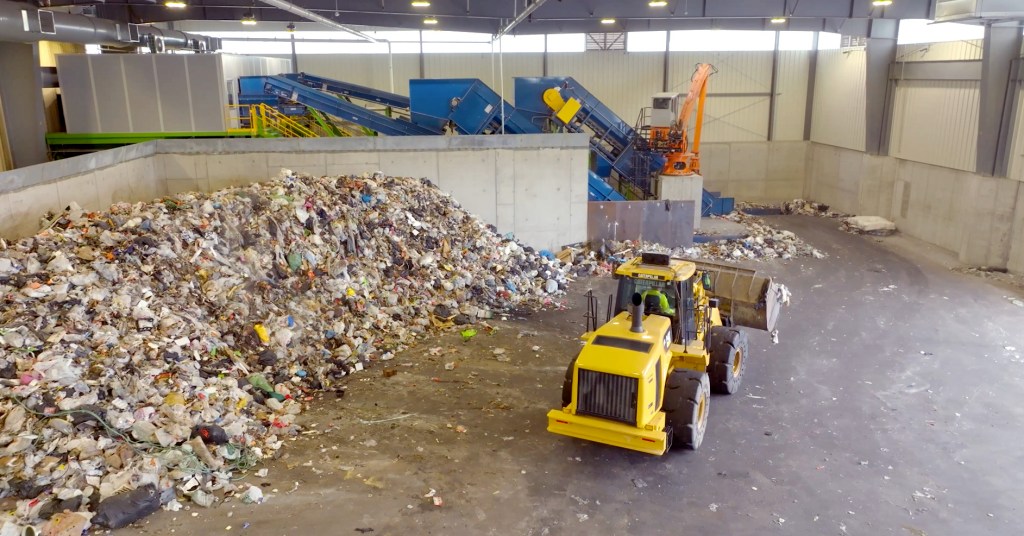Infection
MPCA investigating origin of infectious waste found at trash facility
The Minnesota Pollution Control Agency is investigating how loads containing infectious human and animal waste ended up at the Ramsey/Washington Recycling and Energy Center in Newport.
Employees at the waste-to-energy facility began noticing the loads – which included blood and organs – in May. They reported the illegal materials to supervisors, who, in turn, notified officials from the MPCA, said Michael Reed, Ramsey County’s division manager for public health and environment.
“It wasn’t just one load and then we didn’t see anymore, it was a number of loads coming in,” Reed said. “The safety of our employees is our highest priority, and this represents an unacceptable risk to them. It is disgusting, and it’s unacceptable.”
Among the items found: human tissue; IV tubing containing liquids that could be blood; suction devices or suction canisters used in surgery centers that contained blood, and bandages with an excessive amount of blood on them, Reed said.
“One load contained intestines, and we assumed it was coming from a surgery center based on the load that it came in on,” he said. “We are receiving occasional waste from vet clinics, too, but this was absolutely, positively (human) tissue. There were also blood samples from pets based on the labels – they had names on the vials — that were assumed to be coming from a vet clinic.”
Infectious waste must be taken to one of the seven certified infectious waste storage and decontamination facilities in Minnesota, he said. The closest facility to Newport is Stericycle in Eagan.
“The vast majority of the health care and veterinary clinics are doing it right, but we want that number to be 100 percent,” Reed said.
The MPCA is pursuing enforcement actions against the companies that Ramsey/Washington Recycling and Energy Center officials have identified as the origin of at least some of the infectious waste, he said.
MPCA officials said they could not comment on the specifics of the case because it remains under investigation. The state agency has received “multiple complaints” about the issue, said MPCA Communications Manager Michael Rafferty.
‘Rules are out there’
The MPCA regulates infectious waste, and “proper disposal is essential for the protection of human health and the environment,” Rafferty said in a statement. “Infectious waste must be handled properly due to its biological risk. MPCA investigates improper disposal and has infectious waste guidance for waste generators, including a list of approved infectious waste disposal vendors.”
FOX-9 reporter Corin Hoggard first broke the news of the MPCA investigation.
Ramsey/Washington Recycling and Energy Center officials “welcome the attention,” Reed said.
“We’re working to raise awareness. Health care and veterinary clinics are required by state law to have an infectious waste management plan that identifies what types of waste are generated at their facility and where it’s being generated and how it’s being managed. They also have to train employees on it. Somewhere, the system is breaking down, and I don’t understand where that is. The rules are out there, the requirements are out there, but they’re not being met.”
Ramsey/Washington Recycling and Energy Center employees and garbage haulers have been reaching out to customers and associations “to get the word out,” he said. “We need this to stop. and we are going through a number of different avenues to accomplish that. We want facilities that bring their waste to us – as well as any other facility in the state – to get it right.”
About 450,000 tons of trash a year — or more than 1,200 tons a day — is brought to the Ramsey/Washington Recycling and Energy Center. The loads are dumped, pushed onto conveyor belts and sorted. More than 85 percent of the trash is recycled, composted, or sent to Red Wing and Mankato to be burned for fuel, Reed said.

